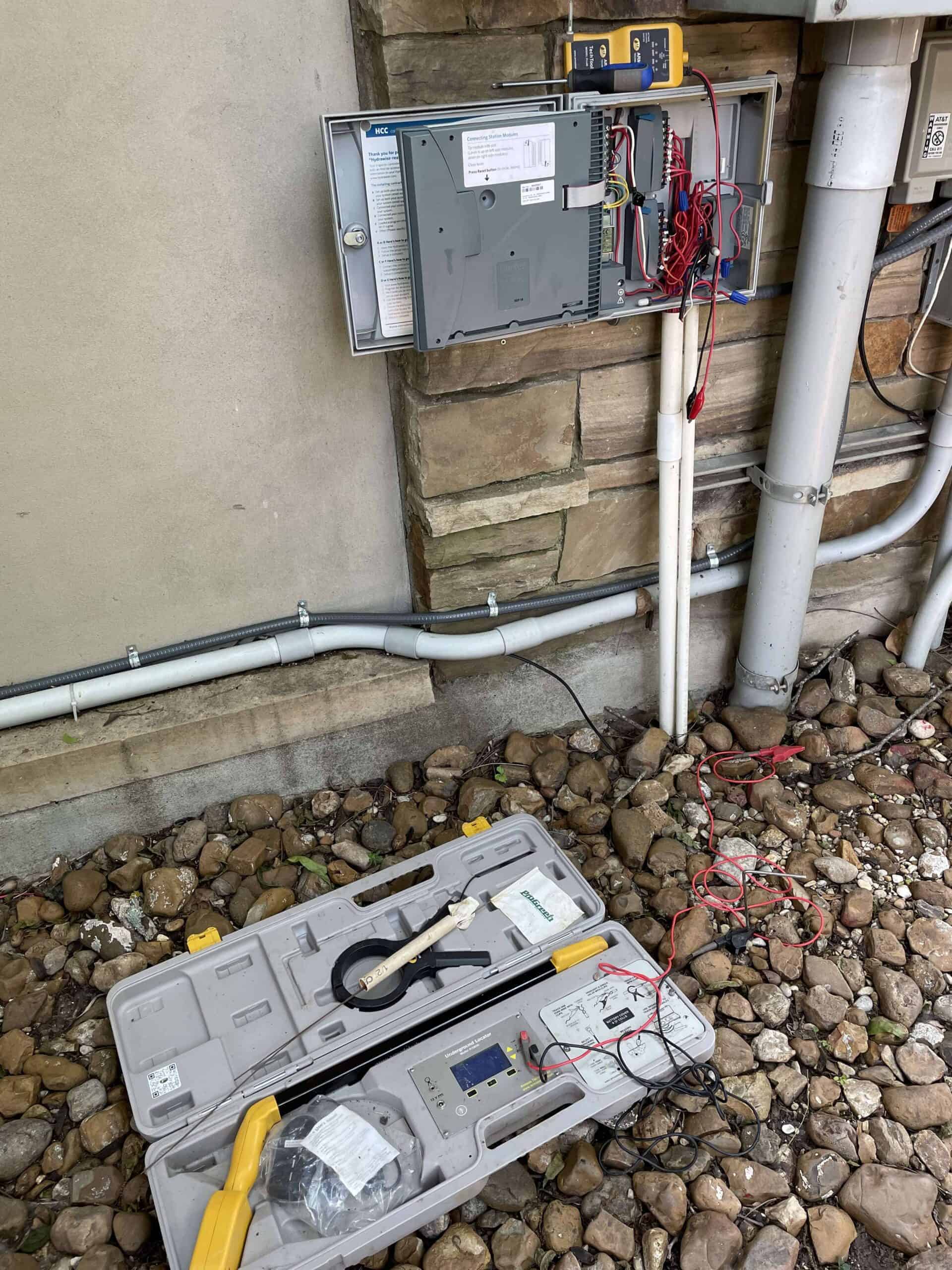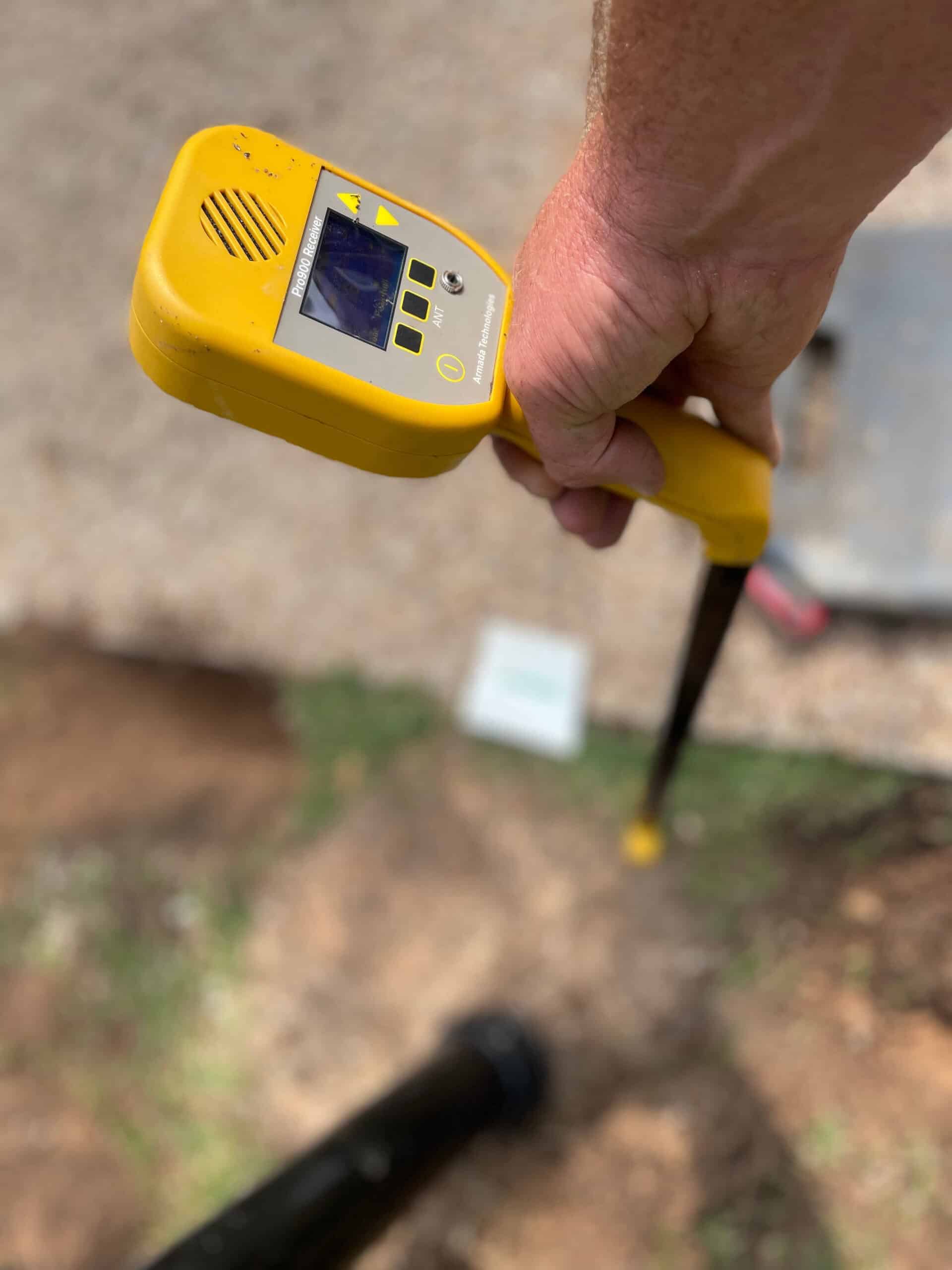An effective irrigation system is crucial for maintaining healthy landscapes, gardens, and agricultural fields. Among the critical components of any irrigation setup are the pipes and wires that form the backbone of water distribution.
Regularly inspecting these elements is essential to ensure they function optimally. Inspections prevent wastage and promote sustainable water use in Austin, TX. Let's explore what else you should know.

Importance of Irrigation Pipes and Wires
The pipes and wires serve as conduits for water flow, making their structural integrity paramount. Damage or wear can lead to leaks, reduced water pressure, and inefficiency in water distribution. Properly maintained pipes and wires ensure even water distribution across the irrigated area, preventing overwatering or under-watering. Well-functioning irrigation systems contribute to the overall efficiency of lawn treatments, conserving water and energy resources.Pre-Inspection Preparations
Before the inspection, gather tools such as wrenches, pressure gauges, and a multimeter for wire testing. Start by shutting off the water supply to your Rainbird or Hunting irrigation system. Prevent accidental flooding during the inspection by asking professionals for help with missing valves and broken components. Have them visually inspect the entire length of the pipes for signs of cracks, corrosion, or damage. Pay special attention to joints and connections, as these are common areas for leaks to develop. Experts use a pressure gauge to test the pipes for any irregularities in pressure, which may indicate leaks or blockages. They can monitor pressure levels for stability and ensure they meet system specifications. Technicians can also measure the flow rate at various points along the pipe network to verify that water is evenly distributed. TIP: Identify and document areas with reduced flow that could signal clogs or obstructions.Checking for Erosion
Inspect the surrounding soil for signs of erosion. This step is a clever leak detection technique that may indicate underground pipe issues. Address any eroded areas promptly to prevent further damage to your landscape design. Irrigation professionals will identify the material of the pipes and evaluate its condition relative to its expected lifespan. Different materials (e.g., PVC, polyethylene, metal) have varying durability and maintenance requirements.

